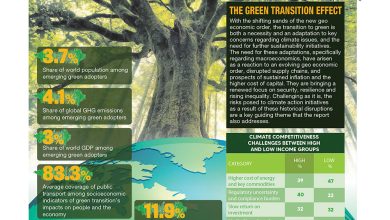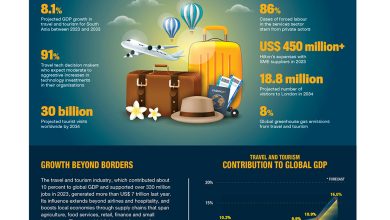HIGH-TECH WEDDINGS
Technology Driven Nuptials
Ruwandi Perera turns to techy solutions for so-called physically distanced weddings
Marriage is perhaps one of the oldest traditions in the world; it spans numerous cultures, civilisations and nationalities. Weddings have typically been grand events that are considered part and parcel of bringing two people together for a lifetime.
Yet, this seemingly unchangeable life event is facing major challenges given the physically distanced world in which we’re compelled to live into the foreseeable future.
June is a ‘wedding month’ but this year, it lacks the celebrations, white gowns, floral extravaganzas and incessant partying associated with matrimony as couples find themselves having to cancel or postpone wedding ceremonies.
Technology has been accused of distancing us from one another. Nevertheless, it’s been one of the main platforms that humans have been bonding over since March, here in Sri Lanka.
So why not let it be the solution to bind two individuals in love?
People are already seeking their forever after on Tinder, Facebook and Instagram so why not turn to technology to get married as well?
The world has witnessed extraordinary change during the COVID-19 pandemic including extreme measures taken by couples to ensure that their big day materialises one way or another.
In cities where the public has been advised against group gatherings, couples are celebrating weddings with less than 10 people, lots of hand sanitizer and bridal masks! And where there are strict regulations to maintain physical distancing, couples have turned to Zoom, Google Hangouts, FaceTime and WhatsApp to celebrate their nuptials.
While proxy marriages – although legal in some states overseas – aren’t possible for the majority of us, limiting a wedding to the officiator, bride and groom is practical and economical. And if couples want to share their experience with friends and family, it is a mere Zoom call away!
Some couples have gone to the extent of venturing on joyrides after the ceremony to honk in front of friends’ homes and receive congratulatory waves whereas less dramatic duos have resorted to sharing wedding selfies on social media.
However amusing these pandemic inspired wedding alternatives may be, it is worth rethinking this conundrum as a disruptor to the wedding sector as a whole in the long run. With digitalised platforms being the way forward for most human activities from tea auctions to education, they could well be the solution to a devastated wedding sector worth billions of dollars too.
Even before the pandemic struck, brides and grooms had turned to mobile apps and websites for their wedding planning – finding the perfect dress, designing wedding bands and tailor-made vows have been taken over by smartphone apps.
But while apps have more or less revolved around helping couples find vendors, the time has come for this business model to be extended to fulfil more complex needs.
The likes of Amazon have laid the groundwork in this direction. Whereas many online stores offer wedding registry options for couples, Amazon provides an amalgamation of multiple stores on one platform with easier navigation, better visualisation and an overall seamless process for customers.
Photography, which often counts for a major share of the wedding budget, has begun to tread over to ‘distance services’ – thanks to drone photography, high quality video chat recordings, and online galleries for couples and guests to upload pictures that can be professionally edited.
The coronavirus outbreak has witnessed a surge in floral vendors offering tailor-made video guides on DIY flower arrangements and bridal bouquets – yes, a lot less money is earned by florists but this represents a desperate measure for desperate times nonetheless.
Perhaps we will witness the emergence of 3D virtual wedding venues that could be reserved and paid for depending on the number of guests couples want ‘signed in.’
While the COVD-19 pandemic will hopefully cease to exist at some point, it is no longer an option for the world to discount the possibility of future lockdowns. And with physical distancing being a preferred way of life for the betterment of humankind and the environment, it is high time business models are overhauled.
Weddings involve large groups of people of all ages sharing food and drink, dancing, exchanging hugs and spending four to five hours in close proximity to each other, which makes for breeding grounds for viruses and other diseases.
So while 2020 might be an uncertain time for a dynamic, thriving and rich wedding sector, it may also be the beginning of a new era of saying ‘I do.’






